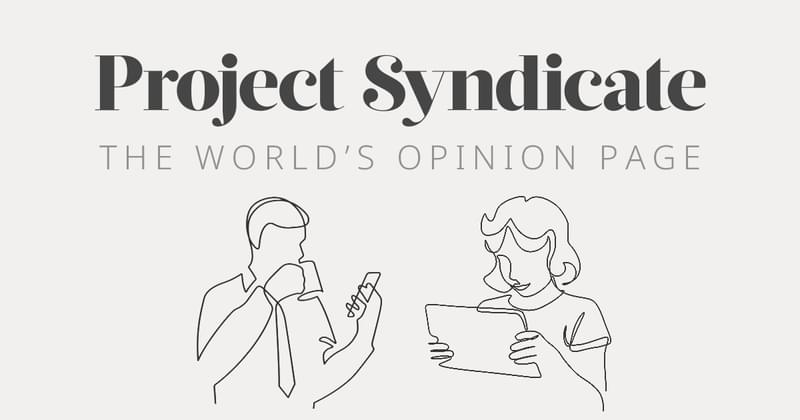Why COP27 Needs a Bigger Circus and More Solar Panels
Four ways to improve UN climate conferences

I vividly remember attending my first UN climate talks in 2008. I remember the optimism, the technical conversations, the discussions about the overpriced food in the conference center, the press, the flight, and yes, the debates about the carbon footprint of the flight.
I flew to Accra as part of the delegation of the Environmental Defense Fund, to attend one of the many formal preparatory meetings leading up to the big December talks in Poznan, Poland: COP14 — the 14th Conference of the Parties — which was, in turn, largely meant as a build-up for COP15 in Copenhagen. By now, of course, COP26 has come and gone, and there will be COP27, and many more yet to come. Where to go from here?
Some conversations have shifted markedly over the years; others not at all. The 2008 idea: Cut through problems of who pays whom to do the hard work of cutting CO₂ by devising global mechanisms called “clean investment budgets.” In many ways it was a new name for an old idea: borrow from our future selves via a (hypothetical) global carbon market to pay for low-carbon investments. The basic concept is still at the core of climate negotiations, and will be for years to come — forever attempting to push the world toward ever more climate action.
There are earnest new analyses showing how more such action ought to be in everyone’s self-interest. It is, or at least it would be, were it not for centuries-old power structures pushing in the opposite direction. None of this is easy, but there are indeed some important lessons to glean from all of this for future climate talks.
Keep up the circus
People pay attention to these negotiations because other people pay attention to them, and that’s exactly the point. Next year’s talks will bring stories about how climate activists will attempt to take public transit from England to Egypt, or bike from Cape Town to Cairo. Some of these stories will be silly, some endearingly earnest. There will be self-styled ‘realists’ pointing out how, after a certain distance, planes emit less CO₂ than trains. There will be those pointing out how a focus on individual action detracts from the larger picture, or how just that focus is, in fact, empowering. Both will be right. The point is that there will be stories, all but dominating headlines, airwaves and social-media chatter.
It’s precisely because of that spotlight that the Paris Agreement’s “ratcheting up” mechanism works. There is no direct line from Leo DiCaprio taking notes at a methane side event in Glasgow to the global methane pledge aiming to cut emissions by 30% by 2030, but it’s hard to see the pledge happening without this sort of attention the COP brings.
Name the losers
The Glasgow Climate Pact stood out in that, for the first time in climate-talk history, it doesn’t just name CO₂ and other greenhouse gases as being the problem, it calls out fossil fuels. Alas, the only one mentioned by name is coal.
Continue reading at Bloomberg Green.

